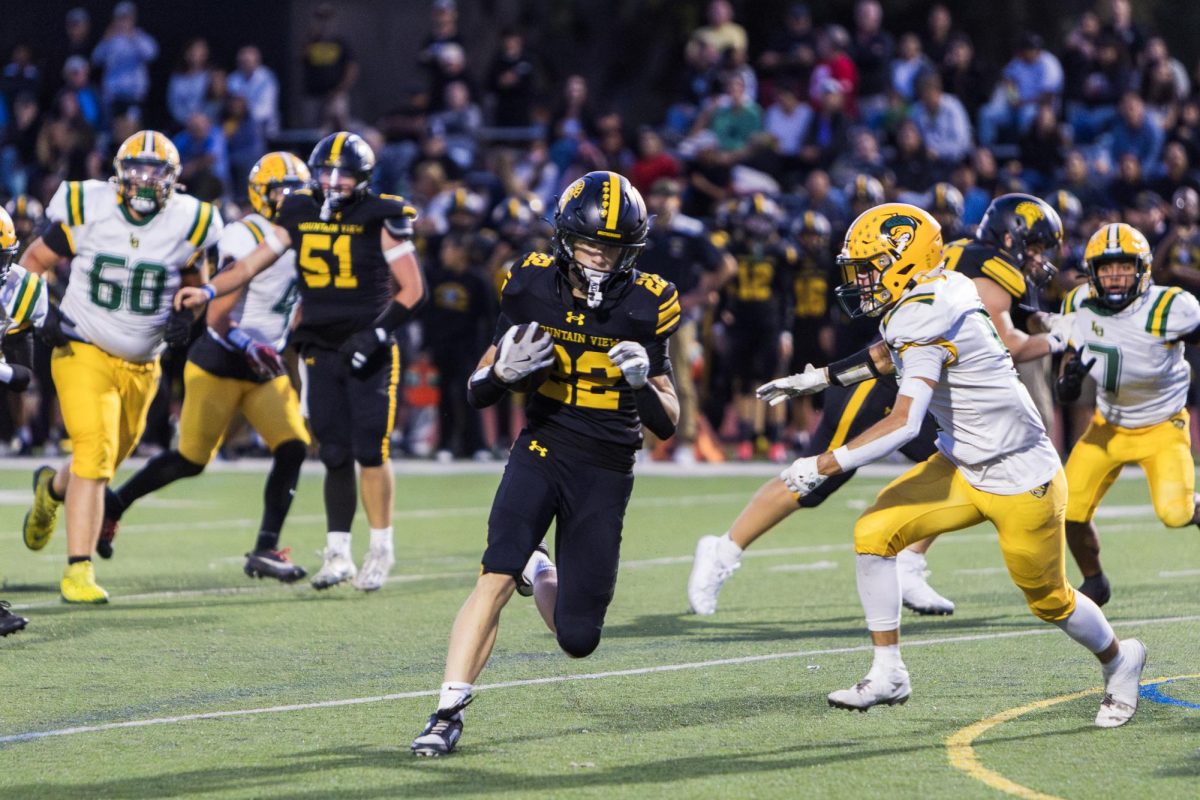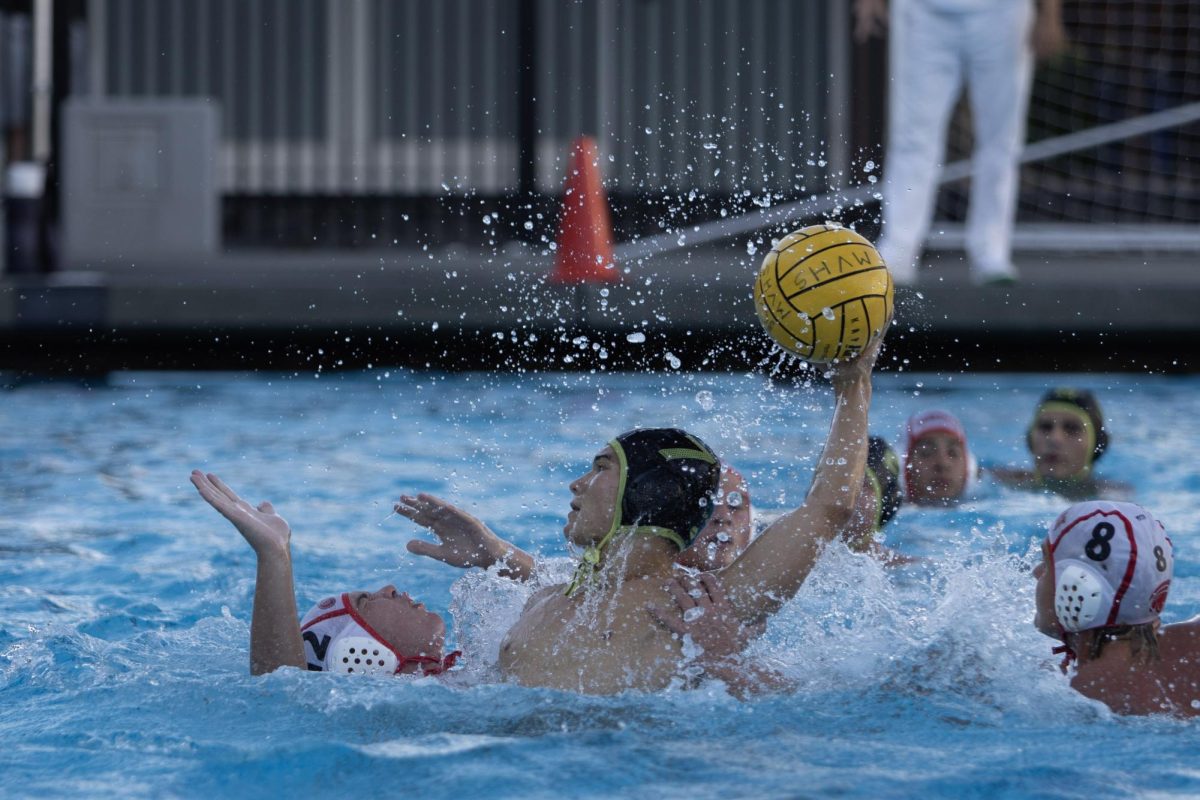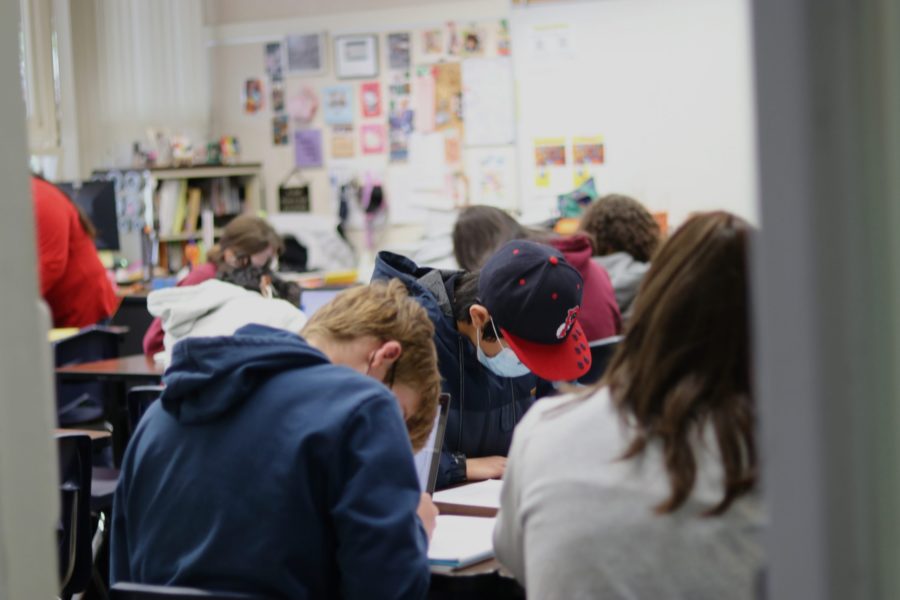The Academic Peers Program is a new initiative that seeks to encourage a welcoming and supportive classroom atmosphere. Once the program is implemented, there will be a designated “academic peer” in every class, whose role is to act as a student mentor and offer guidance and help to other students.
Junior Soni Chawla, who acts as the Student Academic Peers Coordinator, runs the program. On Sept. 30, Chawla sent teachers a request to nominate students they think would positively add to the class environment to be academic peers.
After being nominated, prospective academic peers must complete a short training session. The session will include more details about what being an academic peer entails, as well as coaching on how to help other students most effectively. Chawla said each training session will go over answering questions well and staying professional while assisting others. Academic peers will also learn how to coach students in finding the solution to their issue without explicitly telling them the answer.
“If you just tell someone the answer, they won’t be able to go out there and do it themselves,” Chawla said.

The first academic peer training occured Monday, Oct. 18. Once teachers have a trained academic peer for a class, they will introduce the student as another learning resource to the rest of the class. Chawla said students can best utilize this program by recognizing the academic peers in their classes as safe people who won’t judge them for any questions.
Chawla believes that students sometimes shy away from asking teachers questions because they are afraid of being judged by their classmates.
“Students can have embarrassment… because I know there’s that voice in the back of their head that’s telling them if they ask a question, they might be viewed as inferior or stupid,” Chawla said.
Another problem that arises when students want to ask a question is potentially disrupting the teacher by breaking the flow of a class period. Chawla expressed that she and her friends can feel guilty about a teacher having to stop in the middle of a lesson, only to answer one question. In these situations, having a peer capable of answering the question would be extremely helpful.
“The important thing is that students know that the academic peers aren’t judgmental people who have a superiority complex; rather, they’re there to be safe and help you work through your confusion,” Chawla said.
































